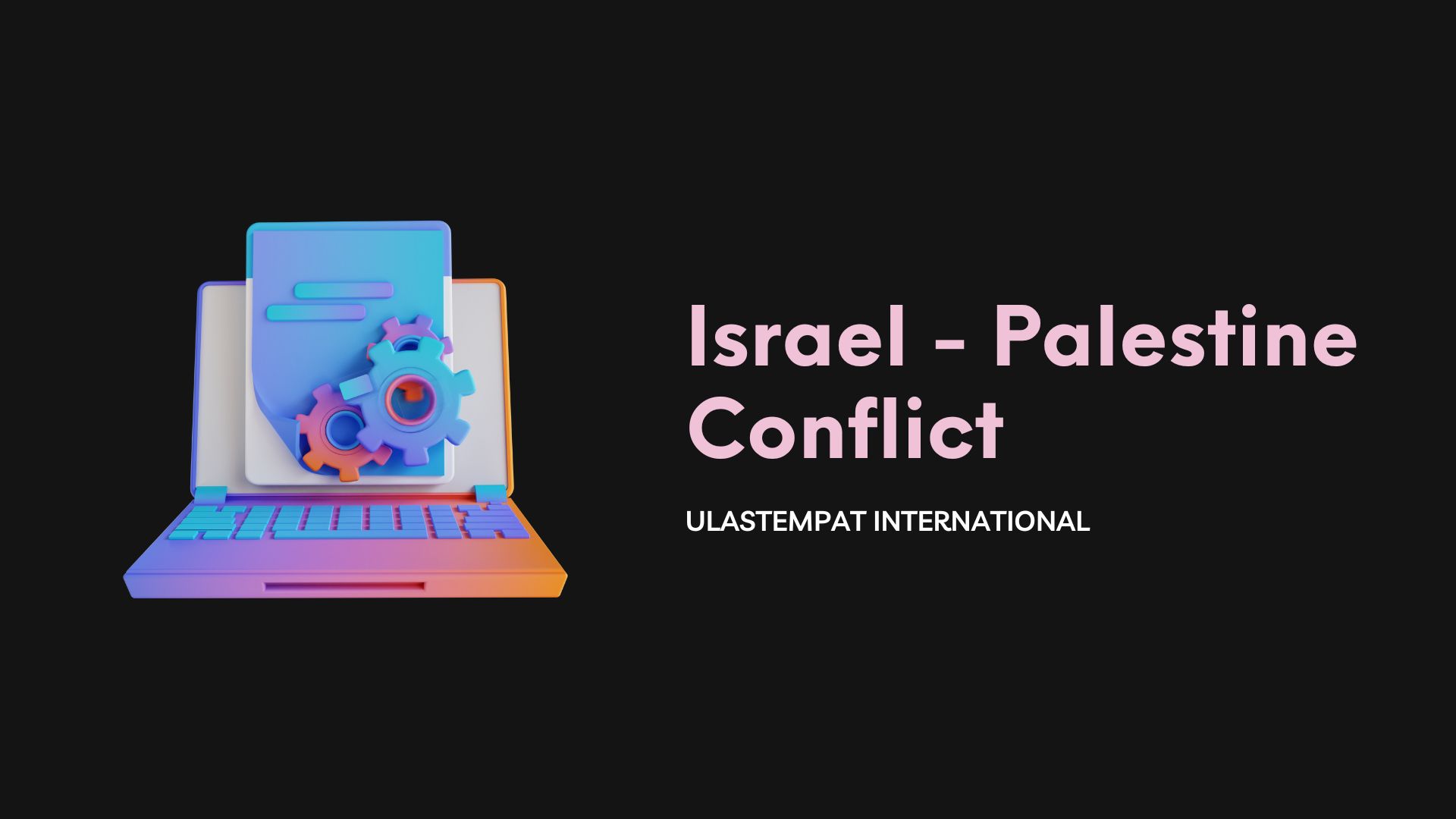Wipro Unza (Malaysia) Sdn. Bhd., a Malaysian consumer products company specializing in personal care and household items, has found itself under scrutiny amidst the ongoing Israel-Palestine conflict.
Acquired in 2007 by Wipro Enterprises, it boasts a diverse portfolio including Safi, Romano, Enchanteur, Dashing, Aiken, and Sumber Ayu. Owned by Wipro Limited and led by Mr. Azim Hashim Premji, the company holds a significant share in the local skincare market and has expanded its reach to Indonesia, Vietnam, China, and the Middle East.

Explore More: Does Leon UK Support Israel? Exploring the Unraveled Connection
Employee Safety Measures Amid Conflict
In response to inquiries, Wipro Unza has confirmed the safety of its 80 Israeli employees during the escalating tensions. As a precautionary measure, the company has advised these employees to work remotely until further notice, prioritizing their safety in a volatile situation.
Lack of Evidence and Consideration of Alternatives
Despite ongoing speculations, there is no additional evidence linking Wipro Unza to Israel beyond ensuring the safety of its employees. It’s important to highlight the absence of verifiable connections while considering other potential alternatives for scrutiny or boycotts in regions like Malaysia and Indonesia. Companies such as Unilever or P&G have faced similar scrutiny amid geopolitical controversies.
Explore More: A Comprehensive List of Companies Supporting Israel [Verified Proof]

Wipro Unza’s proactive approach in ensuring the safety of its Israeli employees amidst the Israel-Palestine conflict showcases its commitment to employee welfare during turbulent times.
The company’s actions, while emphasizing caution and care, do not establish a direct link between Wipro Unza and Israel beyond this fundamental responsibility. It remains essential to avoid unfounded assumptions and consider broader implications when addressing corporate responses to geopolitical tensions.

Leave a Reply